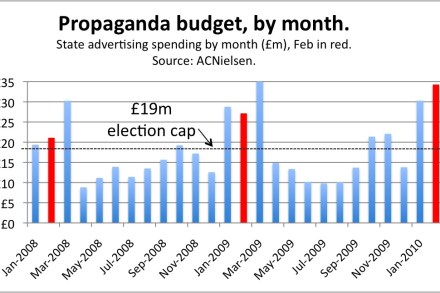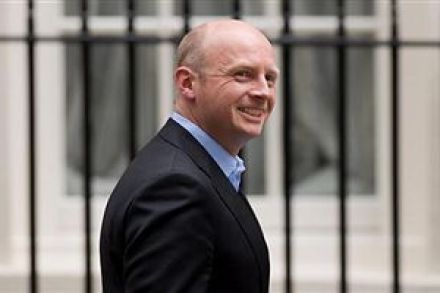The Lib Dems keep ’em guessing
Last week, Nick Clegg was singing the blues. But, this week, it’s clear that he’s doing as much as possible to distinguish his party from the others. Indeed, his performance in PMQs yesterday was a case in point: he went out of his way to attack both Brown and Cameron, and positioned his side as the non-Unite, non-Ashcroft choice. Given the Lib Dem’s recent history with dodgy donors, that’s a move which – at the very least – is going to ruffle a few red and blue feathers. So it’s striking, today, that the Lib Dems are probably going even heavier on the Ashcroft story than Labour. While Peter Mandelson
















